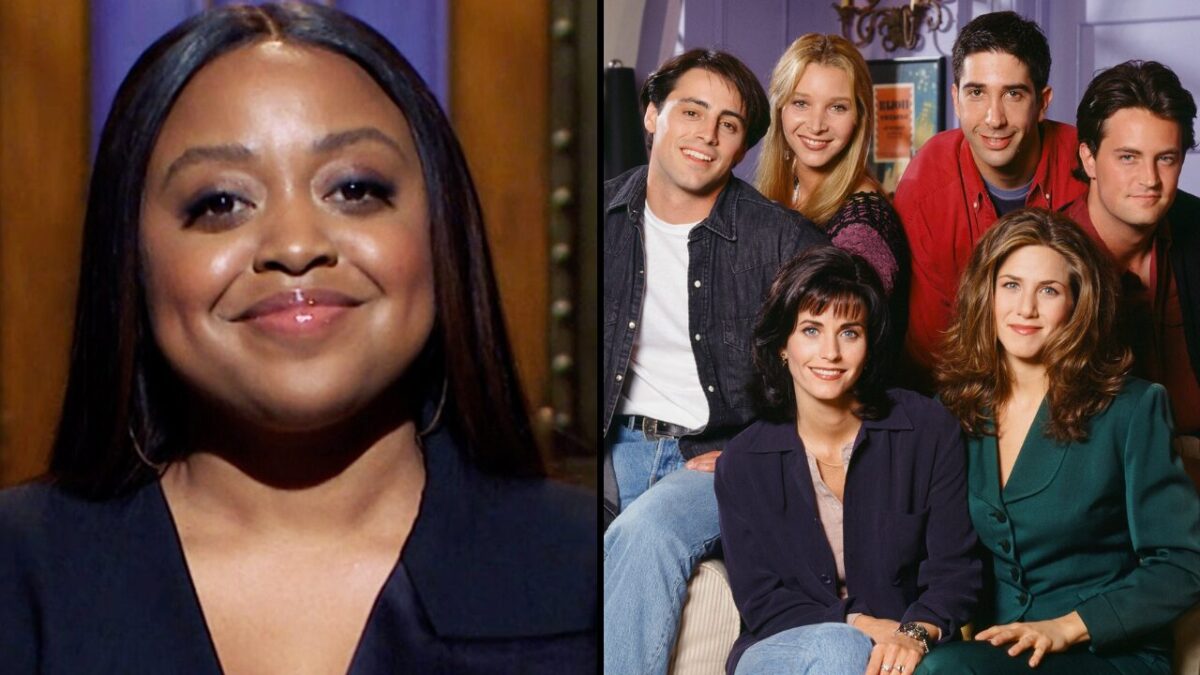Quinta Brunson has called out iconic TV series Friends for having ‘no Black characters’.
Friends, the beloved sitcom known for its witty dialogue and memorable moments, still captures hearts worldwide, even decades after its final episode. However, it’s not without its controversies.
Quinta Brunson has recently spotlighted a significant issue with the show: “Friends had no Black characters,” she pointed out.
Despite its status as a cultural juggernaut, Friends has been repeatedly criticized for its predominantly white cast, with non-white actors only appearing in minor roles throughout its run.
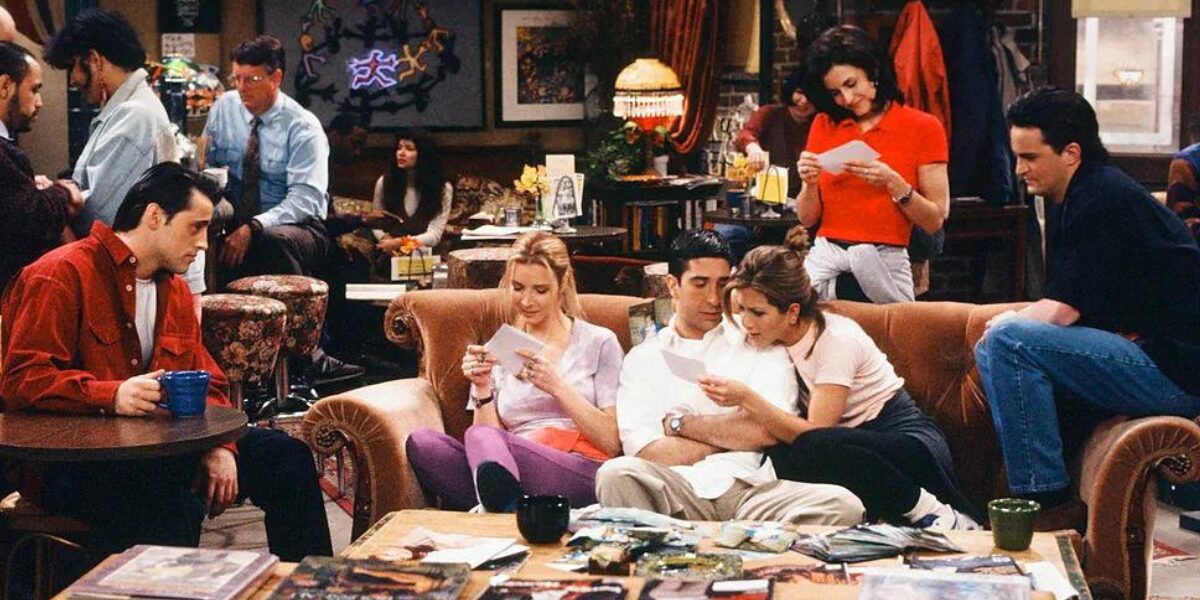
During its ninth season, Aisha Tyler joined the cast as Charlie Wheeler, a palaeontologist and romantic interest for two of the main characters. Tyler’s role was a milestone, yet it didn’t fully escape the bounds of stereotyping, as she shared with Entertainment Weekly, “People still refer to me as the ‘Black girl from Friends.’”
Tyler remains the only Black actor to have been given a significant recurring role on the series.
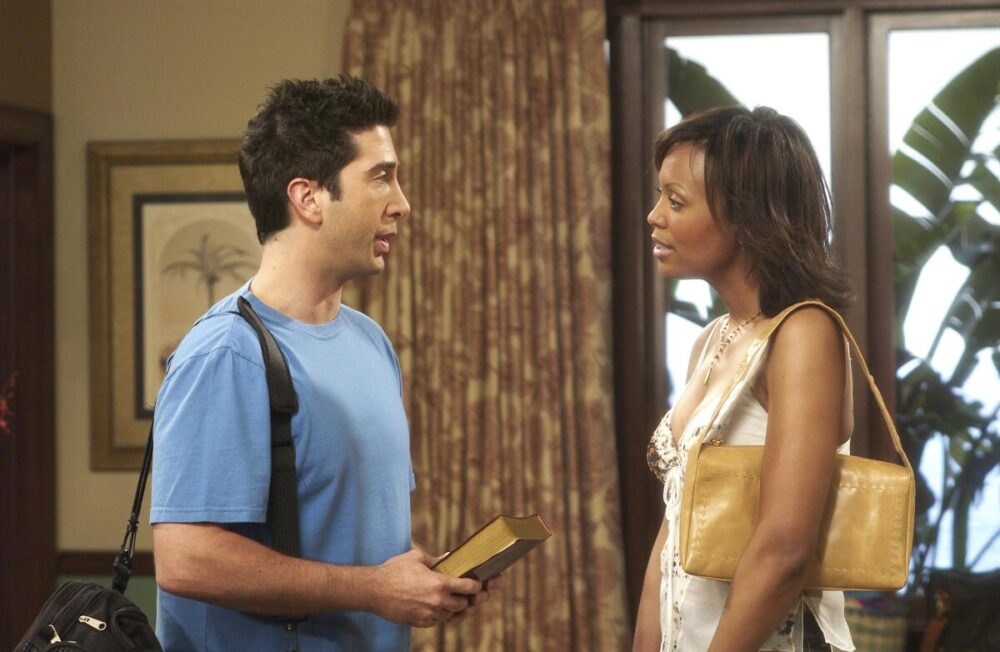
The lack of diversity was glaringly apparent during the much-anticipated Friends reunion in 2021, where no Black former cast members were featured. This oversight drew significant backlash and was noted in discussions about the show’s historical context.
Marta Kauffman, one of the show’s creators, has addressed the issue, reflecting on her past ignorance and the lessons she’s learned about systemic racism. Her journey of understanding led her to donate a significant sum to support African and African American studies.
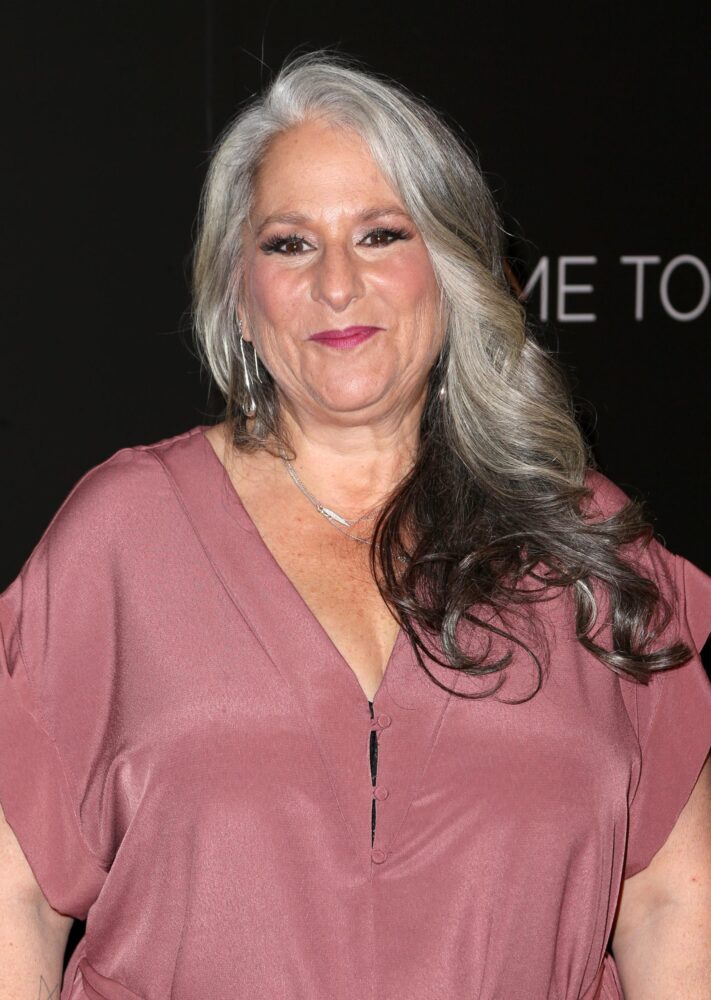
Meanwhile, Lisa Kudrow and Jennifer Aniston have also weighed in. Kudrow defended the creators, suggesting they wrote what they knew from their own experiences, while Aniston acknowledged that modern audiences might find the show problematic.
Quinta Brunson, fresh from her Saturday Night Live hosting gig, didn’t hold back on critiquing Friends either. Her hit show Abbott Elementary contrasts sharply with Friends, featuring a diverse cast and setting, reflecting a broader spectrum of American society.
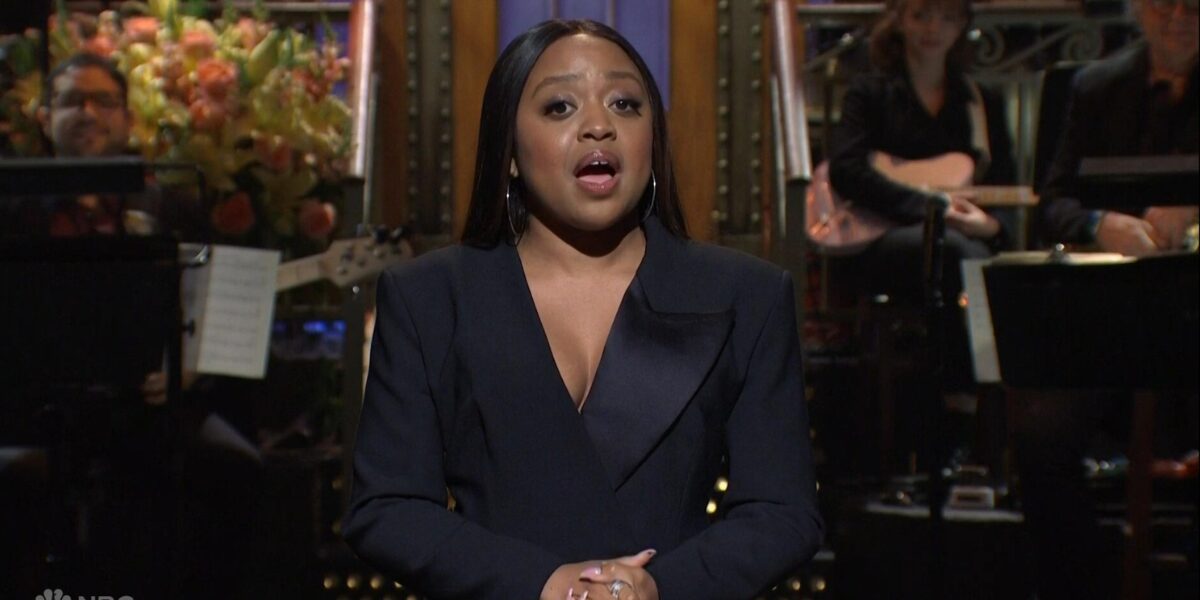
As conversations around representation continue to evolve, the discourse surrounding Friends and its legacy remains a vivid example of how popular media grapples with issues of diversity.

